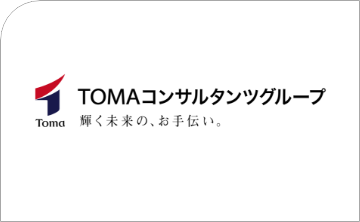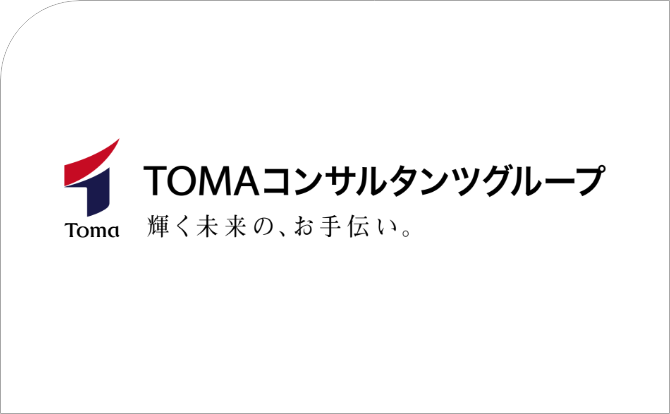Question: From the viewpoint of tax, are there any problems if the company keeps retained earnings without paying dividends?
Answer: In the case of specific companies, additional corporation tax is levied when they keep excess earnings without paying dividends.
Japanese corporation tax law provides that the company shall be regarded as “specific family-owned company” if over 50% of its shares are owned by a person and/or his relatives directly or indirectly. The law is applied to any companies, for example, owned by the listed foreign businesses.
If a specific family-owned company has excess earnings retained in the company, additional corporation tax should be levied based on the retained earnings after deduction of certain amount. To avoid this tax, company should pay dividends when they have earnings exceeding the deductible amount above.
As an exception, small and medium size companies with JPY 100 million or less capital amount are exempt from this tax, unless it is fully owned by large-scale company with capital of JPY 500 million or more directly or indirectly.
In Japan, it seems that tax authority tend to assume that the subsidiaries of the foreign public companies are not “specific family-owned company.” However, starting from 2010, a new group taxation regime has been introduced which applicable to domestic companies (“group companies”) that are wholly owned by either a domestic company, foreign company or individual. It requires the chart of shareholding structure of 100% group to be attached to the corporation tax return documents and it may draw the interest of tax authority about the detail of ultimate shareholders, even if they are non-residents or foreign companies. We recommend that the company consider to pay dividends when they make a big profit for the year, as long as they are the “specific family-owned company.”
For more detail, please feel free to contact TOMA Consultants Group.
TOMA Consultants Group English Site ⇒ https://toma.co.jp/en/
—————————————————————————————————————————
配当は支払うべき?
Question: 会社が配当せずに利益を留保している場合、税務上で何か問題になりますか?
Answer: 会社によっては、配当を払わずに利益を溜め込んでいると、追加の法人税が課されます。
法人税法では、会社の株式の50%超が直接又は間接的に特定の個人(及びその親族)で保有されている場合、その会社は「特定同族会社」とされます。この規定は、海外で上場しているような会社が株主になっている場合でも適用されます。
この「特定同族会社」が過剰な利益を留保している場合、一定の金額を控除した後の所得について法人税の留保金課税の対象となります。この課税を避けるためには、会社は上記の控除額を超える所得を得た場合には配当を行う必要があります。
なお、上記には例外があり、資本金1億円以下の中小法人で、資本金5億円以上の大法人の100%子会社等でなければ適用されません。
日本では、海外の上場会社の子会社等は税務当局から「特定同族会社」ではないと推測されやすいようです。ただし、2010年度から新たに、国内外の法人・個人に100%所有されている内国法人について導入されたグループ法人税制に伴い、100%企業グループの出資関係図を法人税申告書に添付することが義務付けられました。そのため、最上位の株主の詳細について、それが非居住者や外国法人であっても、税務当局の関心を呼ぶようになることが考えられます。もし「特定同族会社」に該当するのであれば、大きな利益が出た事業年度については配当を出すことの検討をお薦めします。
詳細については、TOMAコンサルタンツグループまでお気軽にご相談下さい。





